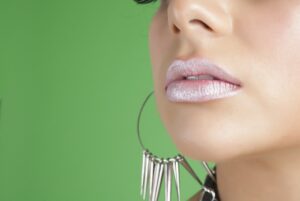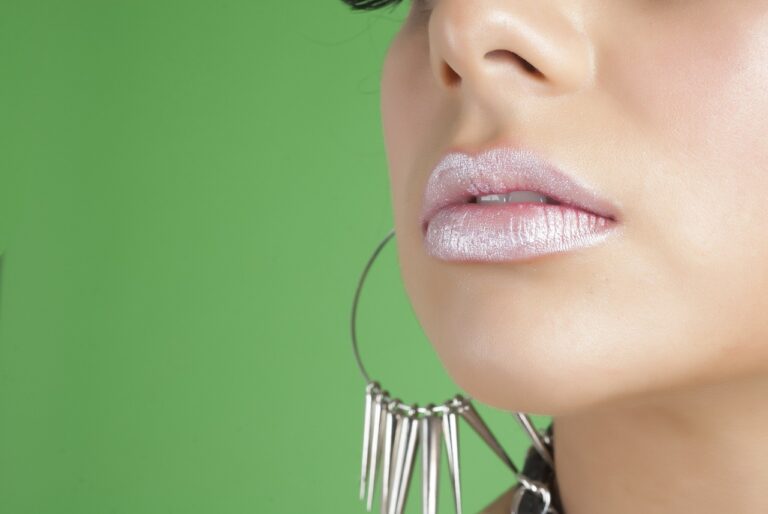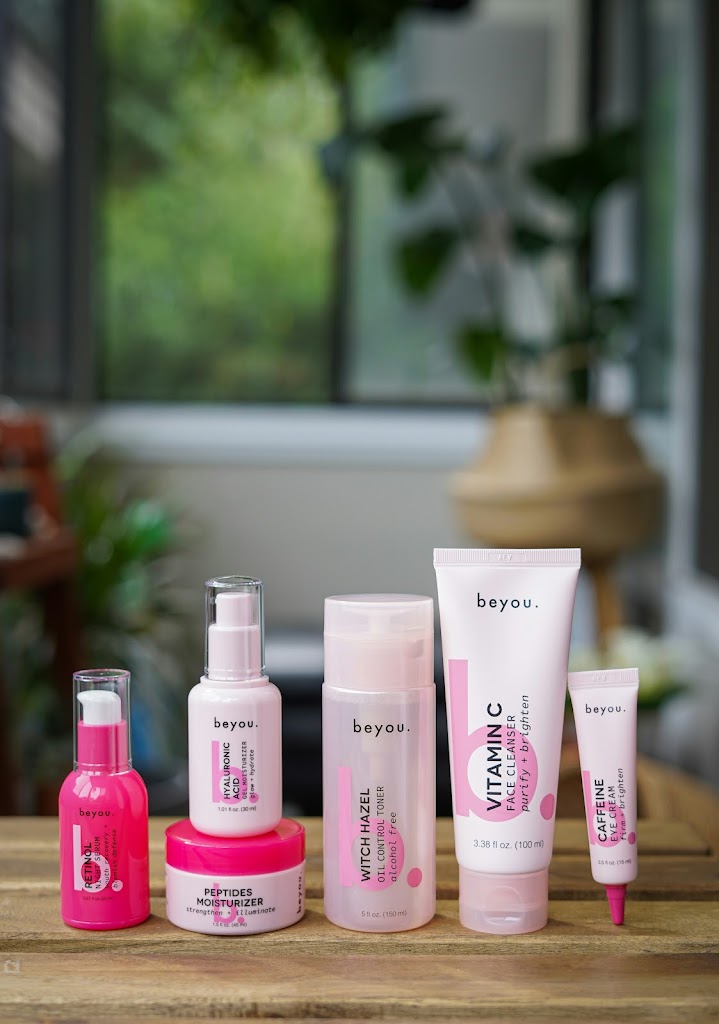Pimples and acne are common skin issues that affect millions of people worldwide. These pesky bumps can be painful, unsightly, and frustrating, especially when they seem to appear at the worst possible times. But don’t worry, there are many effective treatments available to help you get rid of pimples and acne for good.
In this article, we’ll explore the best treatments for pimples and acne, including home remedies, over-the-counter (OTC) medications, prescription treatments, and lifestyle changes. Whether you’re dealing with occasional breakouts or persistent acne, we’ve got you covered.
Understanding Pimples and Acne
Before we dive into treatments, it’s essential to understand what causes pimples and acne. Acne occurs when the pores on your skin become clogged with dead skin cells, oil, and bacteria. This leads to inflammation, which can cause pimples, blackheads, whiteheads, and other types of acne.
Home Remedies
Home remedies can be a great starting point for treating pimples and acne. Here are some effective and natural remedies to try:
1. Tea Tree Oil: Apply a few drops of tea tree oil to the affected area using a cotton swab. Tea tree oil has antibacterial properties that can help reduce inflammation and kill bacteria.
2. Aloe Vera: Aloe vera has anti-inflammatory properties that can help soothe and calm the skin. Apply aloe vera gel directly to the affected area.
3. Honey: Honey has antibacterial properties that can help reduce inflammation and promote healing. Apply a thin layer of honey to the affected area and leave it on for 15-20 minutes.
4. Green Tea: Green tea has anti-inflammatory properties that can help reduce inflammation and promote healing. Apply a cooled green tea bag to the affected area.
Over the Counter (OTC) Medications
OTC medications can be effective in treating mild to moderate acne. Here are some popular options:
1. Benzoyl Peroxide: Benzoyl peroxide kills bacteria that cause acne and helps to dry up pimples. Look for products containing 2.5% or 5% benzoyl peroxide.
2. Salicylic Acid: Salicylic acid helps to exfoliate the skin, unclog pores, and reduce inflammation. Look for products containing 0.5% or 2% salicylic acid.
3. Sulfur: Sulfur helps to reduce sebum production, kill bacteria, and unclog pores. Look for products containing 5% or 10% sulfur.
Prescription Treatments
If your acne is persistent or severe, you may need to consult a dermatologist for prescription treatments. Here are some common options:
1. Retinoids: Retinoids are derived from vitamin A and help to prevent clogged pores, reduce inflammation, and promote cell turnover.
2. Antibiotics: Antibiotics can help to kill bacteria that cause acne and reduce inflammation.
3. Hormonal Treatments: Hormonal treatments, such as birth control pills or spironolactone, can help to regulate hormonal imbalances that contribute to acne.
Lifestyle Changes
In addition to treatments, making lifestyle changes can help to prevent and manage pimples and acne. Here are some tips:
1. Keep Your Skin Clean: Wash your face twice a day with a gentle cleanser to remove dirt, oil, and bacteria.
2. Use Non-Comedogenic Products: Look for products labeled “non-comedogenic” or “oil-free” to avoid clogging pores.
3. Avoid Picking or Squeezing: Resist the temptation to pick or squeeze pimples, as this can lead to further inflammation, scarring, and prolonged healing time.
4. Eat a Balanced Diet: Focus on whole, nutrient-rich foods like fruits, vegetables, whole grains, lean proteins, and healthy fats.
5. Stay Hydrated: Drink plenty of water throughout the day to help flush toxins out of your body.
Conclusion
Treating pimples and acne requires a combination of treatments, lifestyle changes, and patience. By understanding the causes of acne, using effective treatments, and making healthy lifestyle choices, you can help to prevent and manage pimples and acne. Remember to be patient, as it may take some time to find the right treatment and see results. If your acne persists or worsens, consult a dermatologist for personalized advice and treatment.







